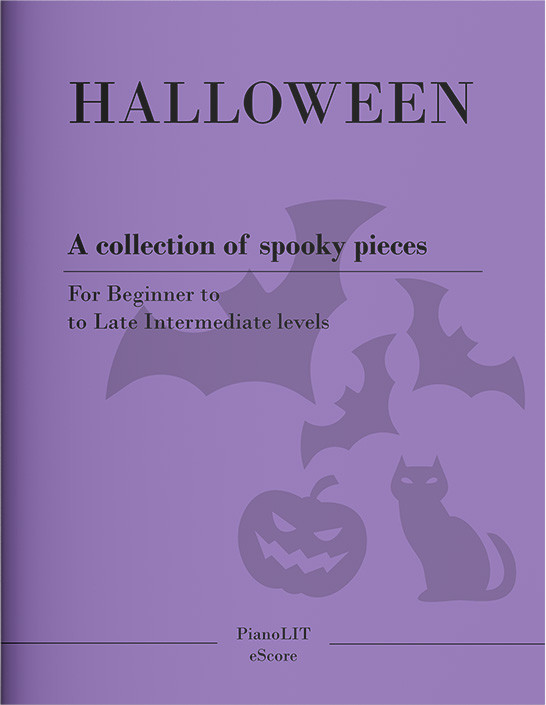Release stress with the power of music
Music have a powerful effect on us, it affects our emotions and our body. Listening to the right music can quiet your mind, relax your body and bring you in connection with your inner self.
Apr 20, 2019 • 7 min read
4397

Want a heads up when a new story comes out?
The powerful effect of music have been well recognized for centuries. It has been used by dictators and politicians to influence people and by companies and advertisers to convince the public to buy.
Faster music can make you feel more active, upbeat music gives you a more positive feeling about life, while a slower tempo can quiet your mind. As music can absorb our attention, it acts as a distraction at the same time, this means it can be a great aid to meditation, helping to prevent the mind wandering. Music, in short, can act as a powerful stress management tool in our lives.
"Listening to music seems to be able to change brain functioning to the same extent as medication."
Because we are living at a time where the everyday stress level is high, we are increasingly reaching out to any tools that would help us slow down, even just for a moment.
We haven't chosen this lifestyle but somehow we fell for it. We are continuously engaged in activities, always with a goal or a purpose to achieve; commuting, long hours work, college, studying, improving, promotions, family and more. And we don't know how to stop it.
Sometimes music is the only thing that gets your mind off of everything else.
Sit back and relax, the following piano pieces have been put together for a complete stress release session.
1. Salud d'amor by E. Edgar
This beautiful piece was not only written for solo piano but for violin-piano, and orchestra. Composed by the author for his soon-to-be wife, it's a declaration of love at its purest level. Its fine and linear melody makes it the perfect piece to start being carried away.
2. Soaring by W. Gillock
Gillock romantic attitude is at its best level in this particular piece from the "24 Preludes in Romantic Style". As the title suggests, let your mind soar high and be transported by the melody.
3. Je croix entendre encore by G. Bizet
Gorgeous piano transcription of Bizet's aria from "The Pearl Fishers". Set in ancient times on the island of Ceylon (modern Sri Lanka), the opera tells the story of how two men’s vow of eternal friendship is threatened by their love for the same woman.
"I still believe I hear hidden beneath the palm trees your voice tender and deep like the song of a dove..."
4. Träumerei by Schumann
One of Schumann's most quiet, introspective and most popular pieces, often translated as Dreaming, is taken from the set of 13 solo piano pieces called "Scenes from Childhood". Schumann himself described these pieces as more cheerful, gentler and melodic than his earlier works.
5. Reverie by C. Debussy
The title itself could not be more appropriate for this list: "Reverie," or "dreamy meditation". A quiet melody sings over beautiful left hand arpeggios, building flowing phrases and dynamics. We are transported to a different level, a surreal state, where life is worriless.
6. Gymnopédie No. 1 by E. Satie
Ask anyone what the most tranquil piano piece is, and chances are a fair number will say Erik Satie’s Gymnopedie No. 1. It's simplicity and abstractness (it even looks abstract on the score) make it a perfect example of meditative music. But it's probably its stillness that resonate so much, as if we were all spectators watching the world go by.
7. Impromptu Op. 90 No. 3 by F. Schubert
The impromptus is a piano composition that embodies the spirit of improvisation. The first thing listeners notice about this piece is its incredible lyricism. Long, melodic lines sing over an arpeggiated accompaniment. This serenade is a classic example of Schubert's outstanding lyrical facility.
8. Prelude No. 1 in C Major by J. S. Bach
Probably one of the most famous movements from Bach's Well-Tempered Clavier and among the most popular piano pieces of all time. But this strikingly simple piece will never stop to astonish us with its power.
9. Dreaming awake by P. Glass
A lovely piece where the music follows its own course with a sense of forward momentum provided by repeating cycles and patterns. It evocates so perfectly the "dreaming awake" state of the listener.
10. Notturno by O. Respighi
"Notturno", is the Italian term for Nocturne, a piano composition evocative of the night which became famous during the Romantic period and it is known to the large public thanks to Chopin's work. Although Chopin did not invent the nocturne (attributed to the Irish composer John Field), he popularized and expanded on it. It is good to remember that the nocturnes were commonly composed and played by a large number of musicians during the Romantic and post-Romantic era, as one of the most common way to express melancholic sentiments on the piano.
We hope you enjoyed this list! And remember:
BREATHE.
MEDITATE.
REPEAT.
(And play the piano 😉).


